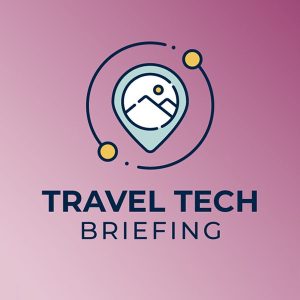ChatGPT-Powered Travel Planning Chatbots Spur Entrepreneurs to Get in the Game
Skift Take

Travel Tech Briefing
Editor’s Note: Exclusive reporting on technology’s impact on the travel industry, delivered every Thursday. The briefing will guide executives as they decide if their companies should “build, buy, or partner” to stay ahead.There are so many startups and other companies developing products powered by generative AI that it’s hard to keep track.
It is getting to be the same in travel as more big and small companies announce their chatbots for consumers, and others share news about business-to-business products for internal use.
Some seem to be more serious ventures while others seem to be a bit gimmicky. Regardless, there is no way all of the ventures can survive, and it may take a miracle for any of the consumer travel assistants to compete in the long term with the ones being spearheaded by the online travel agencies. One, because the big companies have more resources, and two, because they own huge amounts of data.
Still, some other companies may carve a space for themselves if they do it right. Many are trying.
Below are highlights of a few companies working on technologies for travel planning and booking that integrate ChatGPT.
GuideGeekOne of the seemingly more promising ventures in this area is an early version of a travel planning assistant called GuideGeek, a chatbot powered by ChatGPT that operates through WhatsApp. It was released recently by Matador Network, an independent travel media publisher.
Through the text conversation format, the user can ask the GuideGeek chatbot for planning&nb

